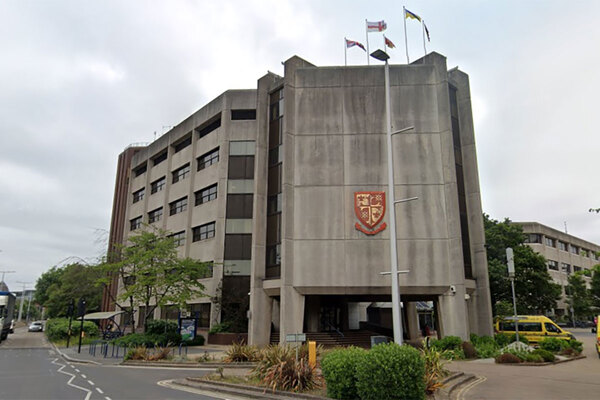Government reveals HMO changes despite councils’ concerns over lost revenue
Ministers are pushing ahead with plans to ensure houses in multiple occupation (HMOs) are valued as a single property for council tax, despite concerns raised by local authorities over a loss of income.

The Department for Levelling Up, Housing and Communities (DLUHC) has said it will amend existing legislation to ensure that HMOs are banded as one property with a single council tax band. The changes will apply to both licensed and unlicensed HMOs.
Local government minister Lee Rowley said the move will place “greater responsibility of council tax with landlords while protecting tenants from additional financial pressures”.
There are currently around half a million HMOs across England, according to latest official figures. An HMO, often a larger house subdivided, has at least three tenants forming more than one household and shared basic facilities in communal areas.
A consultation on the changes was launched in February over concerns that individual rooms in HMOs have “increasingly been assessed as separate units for the purposes of council tax valuation and therefore given their own council tax band,” according to DLUHC.
In its response to the consultation, the Local Government Association (LGA) said HMOs “can frequently require more council services, such as refuse collection and increased enforcement activity”.
The group added: “Any aggregation, particularly of larger properties, would lead to a loss of council tax income and this should be compensated for on an ongoing basis.”
The LGA also warned that the changes could “disrupt” the HMO market with less properties coming forward and being improved or upgraded. It flagged that the accommodation is “typically cheaper than other private rental options and often house vulnerable tenants”.
Exempt accommodation claimants, who are often vulnerable, are usually housed in HMOs. In recent years major question marks have been raised about the quality of some exempt housing.
However in its response, the government pointed to a Valuation Office Agency (VOA) estimate that “only a small proportion” of HMOs are currently not aggregated into one property.
It said that having an HMO rated as a single property will create “consistency in the sector and provide certainty for councils and households moving forward”.
It added: “This should also help ease administrative burdens for councils as the council tax liability should remain with the landlord in the usual way, rather than moving to individual tenants who may only occupy the property for a short period of time.”
The government said it will lay regulations later this year, with “the intention that the policy change comes into force before the end of 2023”.
Sign up for our daily newsletter
Already have an account? Click here to manage your newsletters











